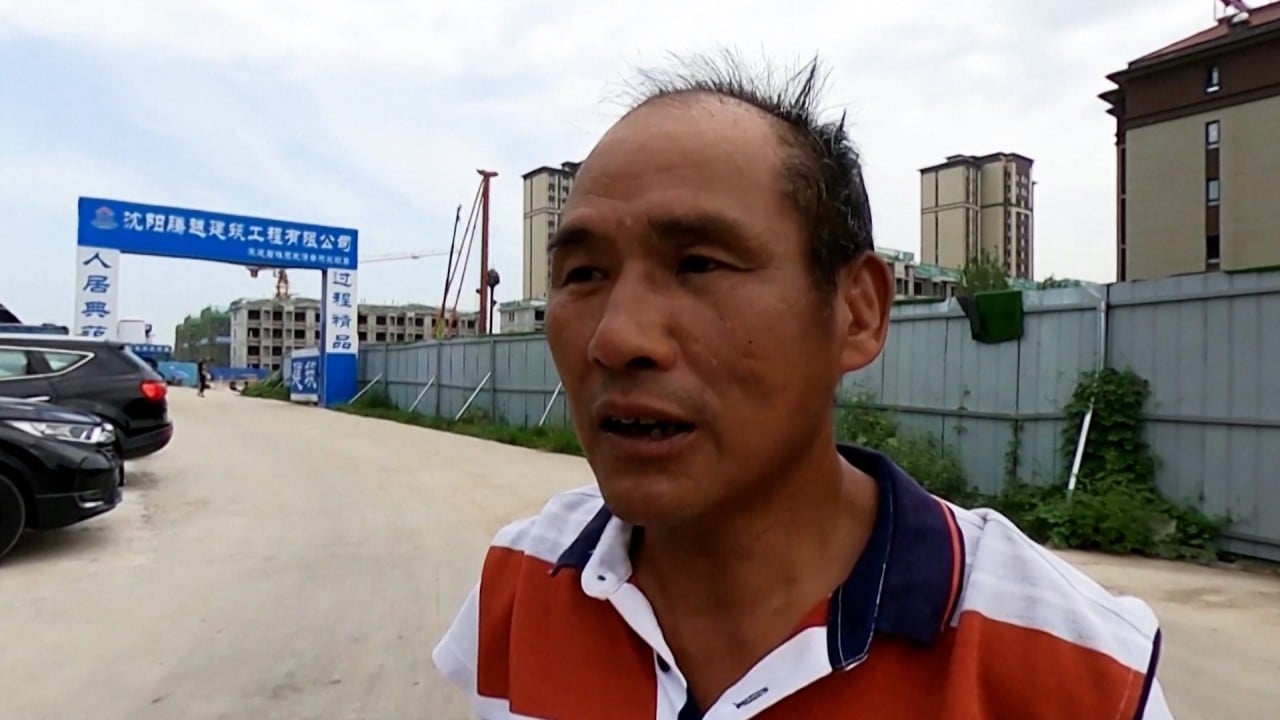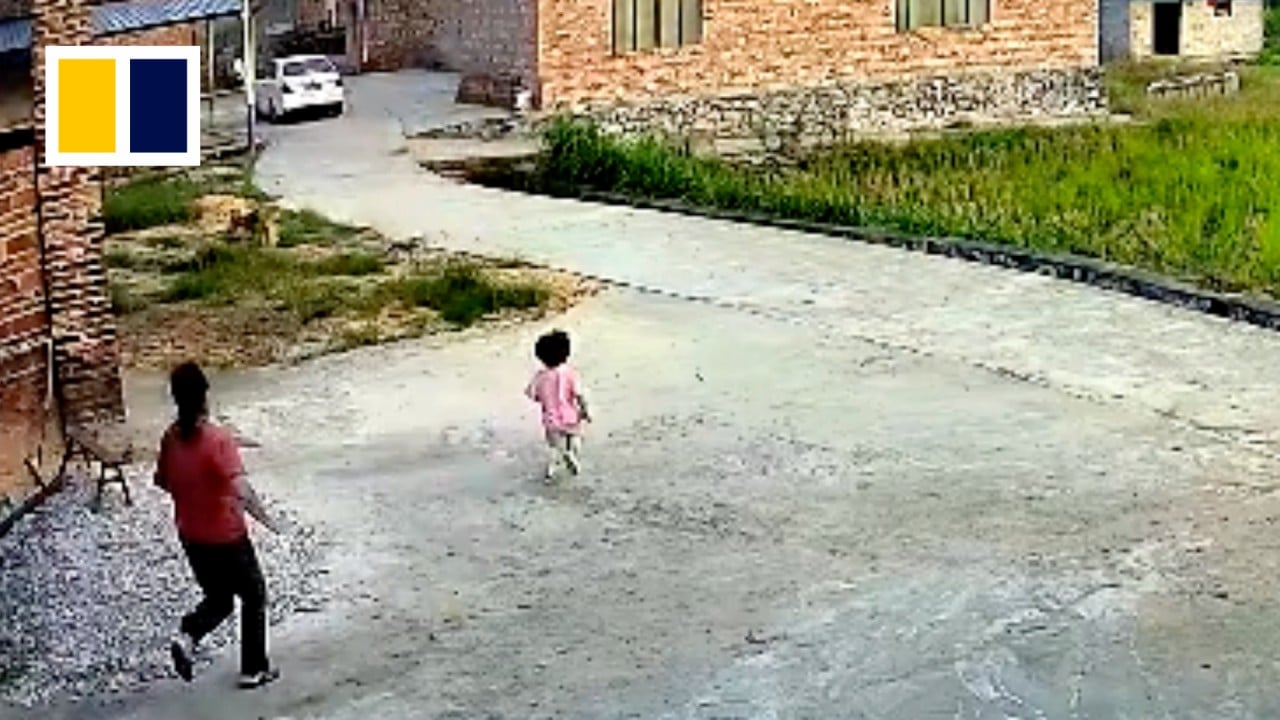
How China can make an omelette out of housing eggs it has broken
- It’s becoming clear that the Chinese government may have to take over many of the flats that private developers cannot complete
- Turning private homes into affordable public housing could be a way to defuse the real estate crisis and encourage families to have children
Public housing is the wave of the future for China’s cities. The government recently issued “Document 14”, reportedly calling on cities with a large inventory of private housing to buy and convert the unsold homes into public housing.
While, from a short-term perspective, China’s real estate problems look like the result of a major misstep, the reality is that China built an immense quantity of needed housing as part of an urbanisation project that has upgraded its economic prospects.
Scholars recently estimated that 88 per cent of all housing in China had been built since 1990, and 68 per cent since 2000. Even with those houses built, China is only 60 per cent urbanised.
After all, housing is the biggest expense for many families, followed in close order by education and healthcare: call it soft infrastructure. While China’s government is wary of creating a welfare state, the housing that it may be taking over from bankrupt real estate developers is a fixed cost.
Of course, most of the housing that can’t be sold or completed isn’t prime, top-tier real estate in Shanghai or Beijing. Generally speaking, these homes would be in second- or third-tier cities in urbanised regions like the Greater Bay Area or Yangtze River Delta.
In a way, though, that is a good thing, since those places are more likely to have relaxed hukou policies than first-tier cities. Hukou household registration is the key to schooling and healthcare, both of which are crucial to every parent.
All over China, there are empty housing compounds, whose owners are going out of business. All over the country are idealistic, well-educated college graduates who cannot find jobs. And all over the country are innovative new uses of technology in hospitals and schools which integrate AI into work in ways that enhance efficiency- without reducing the need for human workers. Put it all together, and you have the ingredients for sustainable, pleasant communities.
But many people – in particular, migrant workers who are separated from their children by high housing costs in the cities that they work in – would jump at the chance to have affordable housing, with positive knock-on effects on their children’s education and health. As it is, some say the left behind children of migrant workers pose a structural risk to China’s future.
Access to a secure place to live in the city would be a good start; education and healthcare – not the best, but good enough – would bring hundreds of millions of Chinese new opportunities, and in turn, breathe new energy into the Chinese economy.
In structurally adjusting the Chinese real estate market, the government has broken some eggs. It’s time to make an omelette, and solve China’s demographic problems in the process.
Jacob Dreyer is a writer and editor based in Shanghai

.JPG?itok=rfXzzRLd&v=1701228334)

